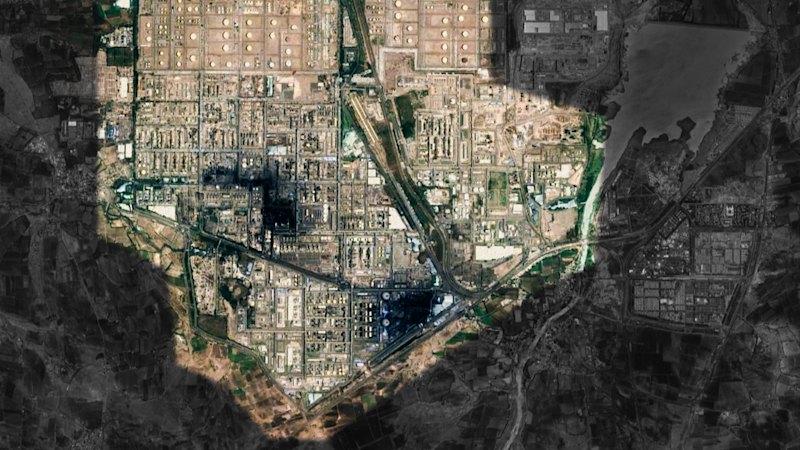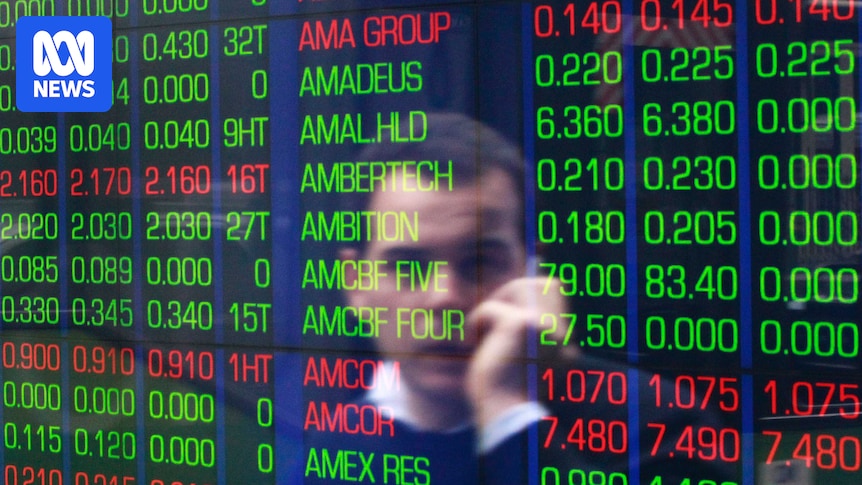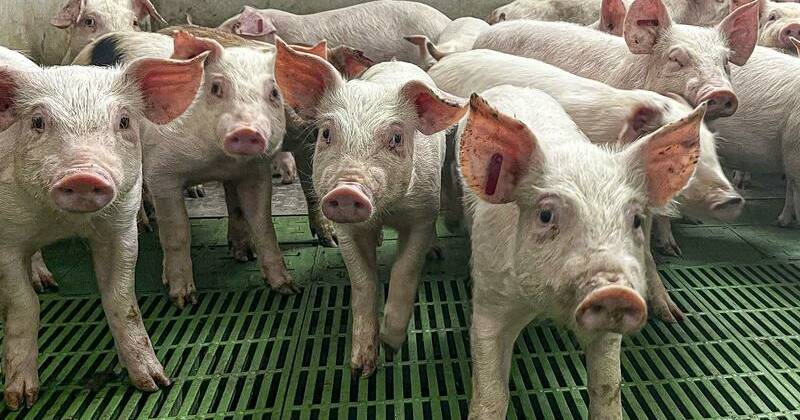
London: In a significant move, Reliance Industries, the world’s largest oil refinery owner, has announced it will cease using Russian oil cargoes for producing petrol and diesel for the Australian market starting December 1. This decision comes in response to mounting global backlash and stringent U.S. sanctions aimed at curbing revenue streams to Moscow.
Reliance Industries, a major Indian supplier of fuel to Australia, stated that while it will stop using Russian oil at its export refinery, no such commitment has been made for its domestic supply operations within India. This shift follows intense criticism of the company for leveraging cheaper Russian oil to boost profits, inadvertently supporting Russian President Vladimir Putin’s war efforts in Ukraine.
Global Backlash and Sanctions
The announcement marks a pivotal change as international scrutiny intensifies. Analysts have welcomed Reliance’s pledge but expressed concerns about the transparency of the process. Without rigorous checks by Australian fuel importers, it remains challenging to verify the complete exclusion of Russian oil from the supply chain.
Major fuel retailers in Australia have affirmed their compliance with trade sanctions against Russian oil, yet Ukrainian Australians have urged them to adopt stricter measures. The Centre for Research on Energy and Clean Air (CREA) estimates that between February 2023 and June 2025, Australia imported $3.8 billion worth of petrol and diesel refined from Russian crude in India, generating approximately $2 billion in tax revenue for Russia.
“Russian crude oil imports, which have already been on a downward trend, will within this month, cease altogether to be imported by the RIL refinery located in the SEZ,” a Reliance spokesperson stated.
Reliance’s Strategic Adjustments
Reliance’s export refinery in Jamnagar, located in a Special Economic Zone (SEZ), is at the center of this transition. The company claims it can segregate crude supplies for different markets, a claim that analysts like Vaibhav Raghunandan from CREA find hard to verify without external audits.
The decision by Reliance comes just days before the U.S. deadline for imposing sanctions on Russian oil giants Rosneft and Lukoil. These sanctions, announced by former President Donald Trump, aim to increase risks for traders dealing with these companies. The U.S. Treasury has warned of severe penalties for violations, raising concerns for businesses operating internationally.
Industry and Government Responses
Foreign Minister Penny Wong has called on Australian companies to ensure their supply chains are free from Russian oil, emphasizing the moral responsibility to avoid funding Russia’s military actions in Ukraine. The European Union has already imposed strict regulations to halt imports of refined fuels from Russian crude, a move Australia is yet to replicate.
Australian fuel suppliers like Ampol, BP, and Mobil have been reticent about their sourcing practices, though Viva Energy and Caltex have clarified their minimal reliance on Indian imports. The Australian Federation of Ukrainian Organisations has urged the government to implement refinery-level bans to prevent “blood oil” from entering the market.
“Our fuel importers are aware of their supply chains, they know what they are buying, they are just putting profits above ethics,” said Kateryna Argyrou, chairwoman of the federation.
Looking Forward
The changes at Reliance’s Jamnagar refinery could significantly impact the volume of Russian oil used in Australian fuel. However, the broader industry faces pressure to ensure ethical sourcing practices. The Australian government is evaluating additional measures to reduce Russia’s oil revenue, aligning with global efforts to isolate Moscow economically.
As the situation evolves, the international community will be watching closely to see if Reliance’s commitment translates into tangible change and whether other nations will follow suit in tightening sanctions.





